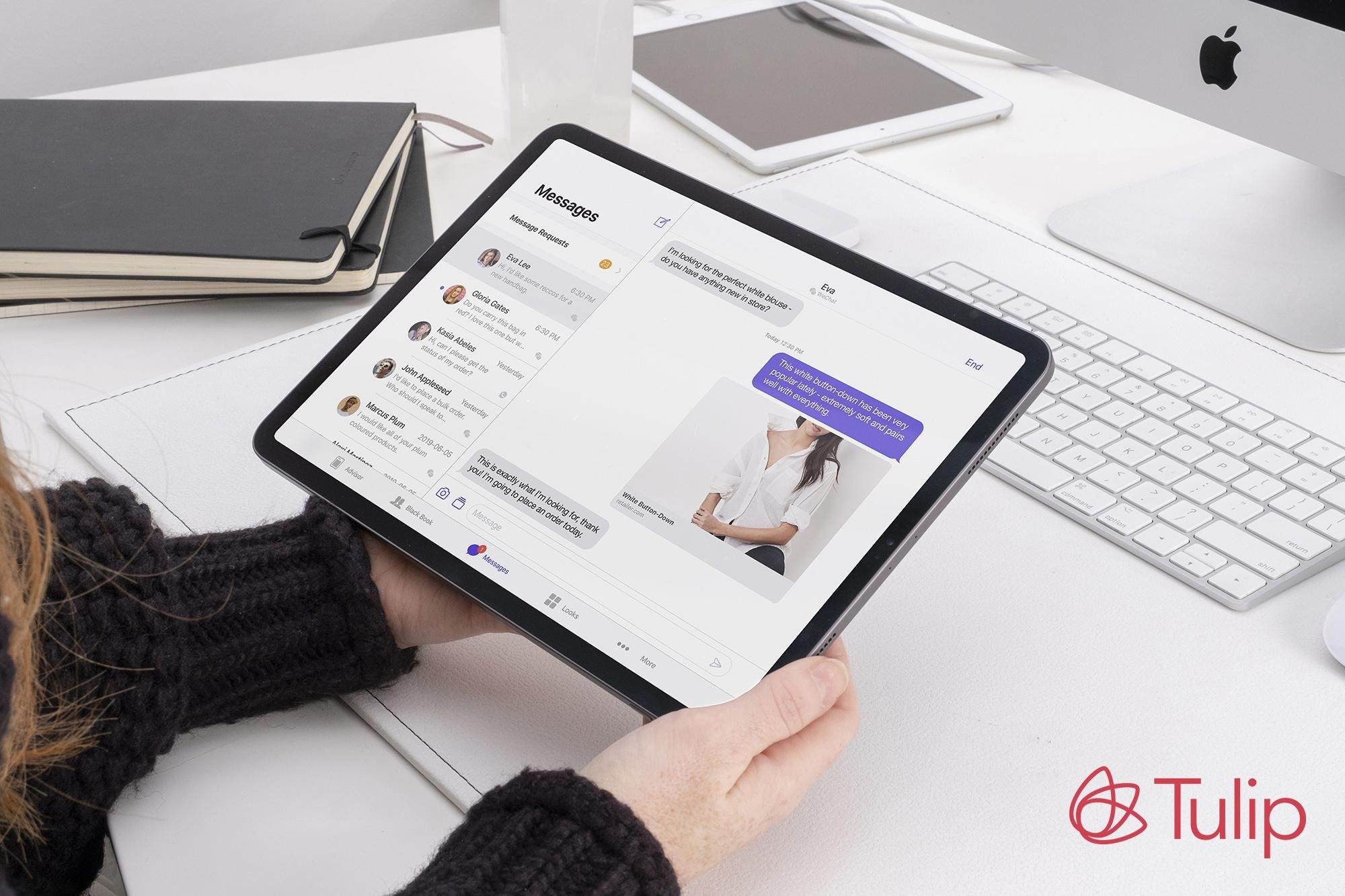During the global epidemic, attracting cross-border customers is key.
This article was submitted by HiTrends HiTrends, author Iris Shen
Picture provided by the interviewed company
The U.S. Retail Trade Report shows that after the outbreak of COVID-19, through a survey of 4,900 retailers in the U.S. retail industry, the estimated U.S. retail sales in March 2020 fell by 8.7%. According to a recent report by Coresight Research, in order to ensure safety, at least 630,000 “non-essential business” retailers have closed physical stores or reduced business hours. However, data from the US Census Bureau shows that physical retail accounts for 90% of the industry’s total retail sales in 2019. Will 2020 be a turning point in the retail industry’s transformation?
In the past few decades, consumers have gradually tended to e-commerce shopping, and this year’s outbreak of new coronavirus has accelerated this trend. Online retail sales increased significantly in March, compared with a 74% increase in the same period last year (ACI Worldwide).
“Harvard Business Review” shows that 73% of consumers use multiple channels to shop, and this type of consumer brand loyalty is higher. Although the wave of e-commerce seems to pose a considerable threat to the physical retail industry, the future winners will be corporate brands that combine omni-channel marketing, mobile technology, cloud services, big data and remote labor with traditional store retail experiences.
Tulips (Tulip Retail) is a SaaS company established in 2013, after 7 years of development,From a team of 15 engineers and e-commerce professionals to a company with 150 employees.
In August 2017, Tulip raised 4000 in a Series B financing led by Kleiner Perkins and three other investment institutions Ten thousand U.S. dollars. Now this Canadian company hasBrands provide mobile smart retail technology solutions based on SaaS.
In order to cope with the recent large-scale closure of retail stores under the influence of COVID-19, the company has recently launched Remote Pay (Remote Pay) products.
Tulip team tells us,Tulip’s remote payment can allow the clerk to be outside the physical store The scene continues to customer service. This product helps VIP customers purchase products remotely and supports payment functions at the same time.
In this way, shop assistants can provide buyers with full-cycle and full-range shopping services, not just guide customers to place orders on e-commerce sites independently . Shop assistants can communicate with customers in real time to help customers manage logistics, secure payment and other processes. Remote payment enables sales staff to conduct quick transactions through mobile devices when they are working from home to complete the customer’s shopping journey.
In addition to Remote Pay, Tulip also added a web chat function in the real-time communication app, so customers can directly contact employees and share products and videos. In addition, they have recently established a strategic cooperation with digital payment company CITCON, through the introduction of WeChat Pay, Alipay and UnionPay QR in Canada, in order to attract global shoppers and expand coverage.
In order to meet the needs of consumers, retailers are fully committed to creating a personalized consumer experience, a high degree of interaction with consumers, and providing customers with a variety of Formal convenience. “Omni-channel retailing is the future trend,” Pouneh Hanafi, Tulip Marketing Vice President, told us.
Pouneh sent HiTrends to Haichuang,Tulips have realized customer real-time communication and products Mobile solutions for catalogs, inventory management, remote payment and consumer behavior analysis. The product development team will also continue toSeek new demands from the angle, and the direction of the next iteration.


